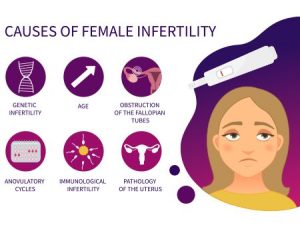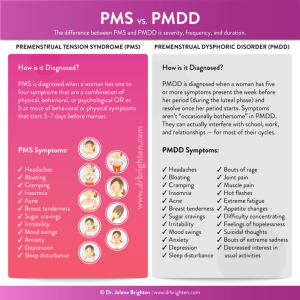The impact of sugar on women’s hormonal balance

In today’s fast-paced world, sugar has become a significant part of our daily lives. From our morning coffee to our evening dessert, it seems almost impossible to escape its sweet embrace. However, while the taste of sugar may be satisfying, its impact on our health, particularly women’s hormonal balance, is worth examining.
The Hormonal Rollercoaster
For women, hormonal balance is crucial for overall well-being. Hormones play a vital role in regulating various bodily functions, including mood, energy levels, weight management, and reproductive health. Unfortunately, the consumption of excessive sugar can disrupt this delicate balance and lead to a rollercoaster of hormonal fluctuations.
The Sugar-Hormone Connection
Research has suggested that consuming high amounts of sugar can disrupt the production and regulation of several key hormones, such as insulin, estrogen, progesterone, and cortisol. Let’s delve into the specific impact of sugar on women’s hormonal balance:
1. Insulin Resistance
Regularly indulging in sugary treats can lead to a condition known as insulin resistance. Insulin is responsible for regulating blood sugar levels, but when our bodies become resistant to its effects, it can lead to higher insulin levels in the blood. This imbalance can disrupt other hormones and potentially contribute to conditions like polycystic ovary syndrome (PCOS).
2. Estrogen Dominance
Excessive sugar consumption can also contribute to estrogen dominance, a condition where estrogen levels rise higher than progesterone levels. This imbalance can lead to troublesome symptoms such as irregular periods, mood swings, weight gain, and even an increased risk of certain cancers, including breast cancer.
3. Progesterone Imbalance
High sugar diets can disrupt the delicate interplay between estrogen and progesterone. When estrogen levels rise due to sugar consumption, progesterone levels may decrease, leading to hormonal imbalances. This can result in symptoms such as PMS (premenstrual syndrome), irregular menstruation, and difficulties conceiving.
4. Cortisol Dysregulation
Excessive sugar consumption can also impact the regulation of cortisol, commonly known as the stress hormone. Throughout the day, cortisol levels fluctuate, but chronic sugar consumption can disrupt this natural rhythm. As a result, women may experience increased stress, irregular sleep patterns, and a compromised immune system.
Transitioning to a Balanced Lifestyle
While completely eliminating sugar from your diet may seem daunting, adopting a few key strategies can help restore hormonal balance:
1. Mindful Consumption
Awareness is the first step. Take note of the hidden sugars in processed foods and opt for natural, whole foods instead. Make a conscious effort to read labels and gradually reduce your overall sugar intake.
2. Nourish with Whole Foods
Focus on consuming a well-rounded diet consisting of fresh fruits, vegetables, lean proteins, whole grains, and healthy fats. These nutrient-rich foods support hormonal health and provide a steady source of energy without the sugar spikes and crashes.
3. Manage Stress Levels
Engage in stress-reducing activities such as yoga, meditation, or engaging hobbies. Keeping stress at bay can help regulate cortisol levels and support hormonal balance.
4. Seek Professional Guidance
Consult a healthcare professional or nutritionist who specializes in hormonal health to create a personalized plan. They can provide guidance tailored to your unique needs and offer insights on necessary dietary adjustments or supplements that may support hormone balance.
Conclusion
While sugar may provide momentary pleasure, its long-term impact on women’s hormonal balance can be significant. By understanding the connection between sugar consumption and hormonal health, women can make informed choices to prioritize their well-being. By adopting a balanced lifestyle and seeking professional guidance, it is possible to regain hormonal equilibrium and enjoy a healthier, happier life.






